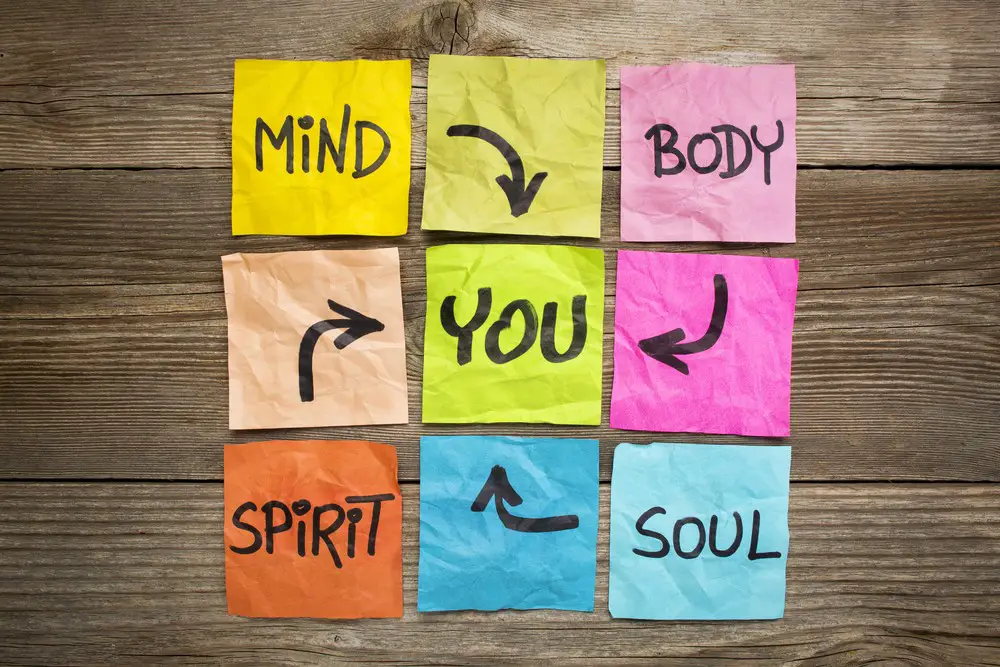As a BetterHelp affiliate, we receive compensation from BetterHelp if you purchase products or services through the links provided
Chronic back pain is a widespread and debilitating condition that affects millions of people worldwide. According to the World Health Organization, back pain is the leading cause of disability globally, with approximately 60-80% of adults experiencing back pain at some point in their lives.
While the physical symptoms of chronic back pain are well-known, the psychological impact is often overlooked. This article aims to explore the profound psychological effects of chronic back pain and how chiropractic care.
By understanding the link between chronic pain and mental health, individuals can take steps to address both the physical and psychological aspects of their condition, leading to improved overall well-being.
Understanding Chronic Back Pain
Chronic back pain is defined as pain that persists for 12 weeks or longer, even after an initial injury or underlying cause has been treated. Common causes of chronic back pain include herniated discs, spinal stenosis, degenerative disc disease, and muscular strains.
Symptoms can range from a dull, constant ache to sharp, shooting pain that radiates down the legs. In addition to the physical discomfort, chronic back pain can significantly impact an individual’s ability to perform daily activities, leading to reduced mobility and quality of life.
The Psychological Impact of Chronic Back Pain
The link between chronic back pain and mental health is well-established. Studies have shown that individuals with chronic back pain are more likely to experience depression, anxiety, and other psychological distress compared to those without pain.
The constant presence of pain can lead to feelings of hopelessness, frustration, and isolation, creating a vicious cycle of pain and emotional distress.
A study published in the Journal of Pain found that up to 85% of patients with chronic back pain also suffered from significant depression. This highlights the importance of addressing the psychological aspects of chronic pain in addition to the physical symptoms.
An Overview of Chiropractic Care
Chiropractic care is a non-invasive, drug-free approach to treating musculoskeletal conditions, including chronic back pain. Chiropractors, such as Crist Chiropractic, focus on the diagnosis, treatment, and prevention of neuromuscular disorders, with an emphasis on manual adjustments to the spine.
The primary goal of chiropractic treatment for back pain is to reduce pain, improve mobility, and restore proper function to the affected area. This is achieved through a variety of techniques, including spinal manipulation, mobilization, and non-surgical spinal decompression.
Back Pain Psychological Aspects and Chiropractic Care
Chiropractic care can directly reduce pain, which in turn can lead to significant psychological benefits. By alleviating physical discomfort, chiropractic treatments can help break the pain and emotional distress cycle.
In addition, chiropractic care has been shown to improve sleep patterns, often disrupted in individuals with chronic back pain. Better sleep quality can have a positive effect on mental health, reducing symptoms of depression and anxiety.
Patient testimonials and case studies have highlighted the improvements in physical and mental well-being following chiropractic treatment, with many individuals reporting a renewed sense of hope and improved quality of life.
Using Chiropractic Care to Treat Chronic Back Pain Holistically
While chiropractic care can be highly effective in managing chronic back pain, it is often most beneficial when part of a comprehensive treatment plan. This holistic approach may include physical therapy, medication management, lifestyle modifications, and psychological support.
Addressing the physical, emotional, and social aspects of chronic pain can help individuals achieve optimal results and long-lasting relief. Collaboration between healthcare professionals, such as chiropractors, physical therapists, and mental health providers, ensures that patients receive well-rounded care tailored to their needs.
Embracing Mindfulness and Self-Care: The Mental Health Pathway in Chronic Back Pain Management
 In the shadow of chronic back pain lies not just a physical ailment but a significant mental health challenge. This section aims to bridge the gap between the physical manifestations of back pain and the psychological toll it exacts, highlighting the importance of mindfulness and self-care in the healing process. By weaving these elements into the fabric of chronic back pain management, individuals can find a more holistic path toward wellness.
In the shadow of chronic back pain lies not just a physical ailment but a significant mental health challenge. This section aims to bridge the gap between the physical manifestations of back pain and the psychological toll it exacts, highlighting the importance of mindfulness and self-care in the healing process. By weaving these elements into the fabric of chronic back pain management, individuals can find a more holistic path toward wellness.
The Mind-Body Connection
 The intricate link between mind and body is nowhere more evident than in the realm of chronic pain. Psychological factors such as stress, anxiety, and depression can exacerbate physical pain, creating a cycle that’s hard to break. Conversely, physical pain can lead to significant mental health issues, underscoring the need for a treatment approach that addresses both aspects simultaneously.
The intricate link between mind and body is nowhere more evident than in the realm of chronic pain. Psychological factors such as stress, anxiety, and depression can exacerbate physical pain, creating a cycle that’s hard to break. Conversely, physical pain can lead to significant mental health issues, underscoring the need for a treatment approach that addresses both aspects simultaneously.
Mindfulness: A Tool for Transformation
Mindfulness, the practice of being present and fully engaged with the current moment without judgment, has shown promise in managing chronic pain and its associated stressors. Techniques such as guided meditation, deep breathing exercises, and mindful movement (like gentle yoga) can help mitigate the intensity of pain, reduce stress levels, and improve emotional well-being.
Self-Care Strategies
Incorporating self-care into the daily routine is vital for individuals dealing with chronic back pain. This encompasses a broad spectrum of activities designed to improve overall health and well-being, including:
- Regular physical activity tailored to individual capabilities, promoting strength, flexibility, and endorphin release.
- Healthy eating habits that support physical health and mental well-being.
- Adequate sleep, essential for healing and mental health.
- Social connections to combat isolation and foster a support network.
- Stress management techniques, including journaling, engaging in hobbies, and seeking professional support when needed.
Integrating Mental Health Care with Chiropractic Treatment
The synergy between chiropractic care and mental health strategies offers a comprehensive approach to managing chronic back pain. Chiropractors can play a pivotal role in the holistic health team, working alongside mental health professionals to develop personalized care plans that address both the physical and psychological components of pain.
- Breaking the Silence: Why Men’s Mental Health Matters More Than Ever - April 15, 2025
- How to Transform a Home’s Patio Space into a Relaxing Space - March 23, 2025
- 5 Strategies to Use a Cell Phone to Help Manage Your Stress - March 23, 2025
This site contains affiliate links to products. We will receive a commission for purchases made through these links.



